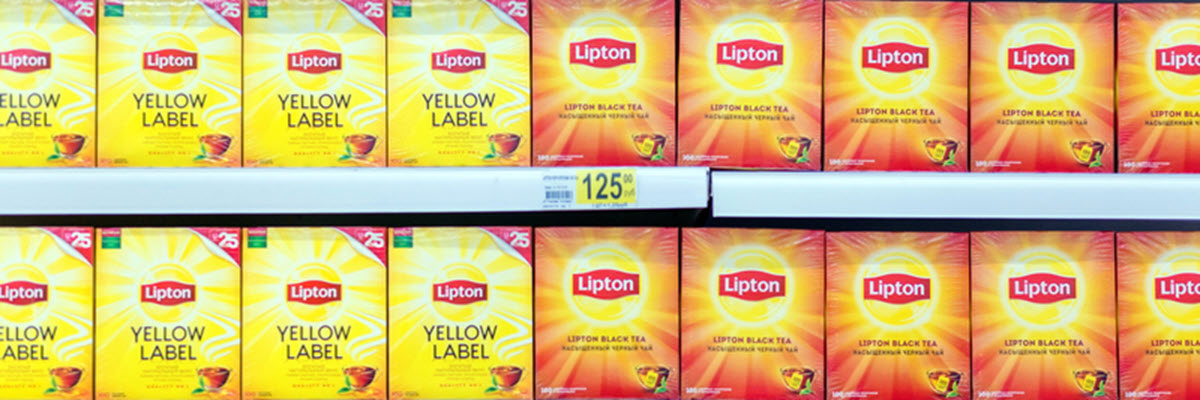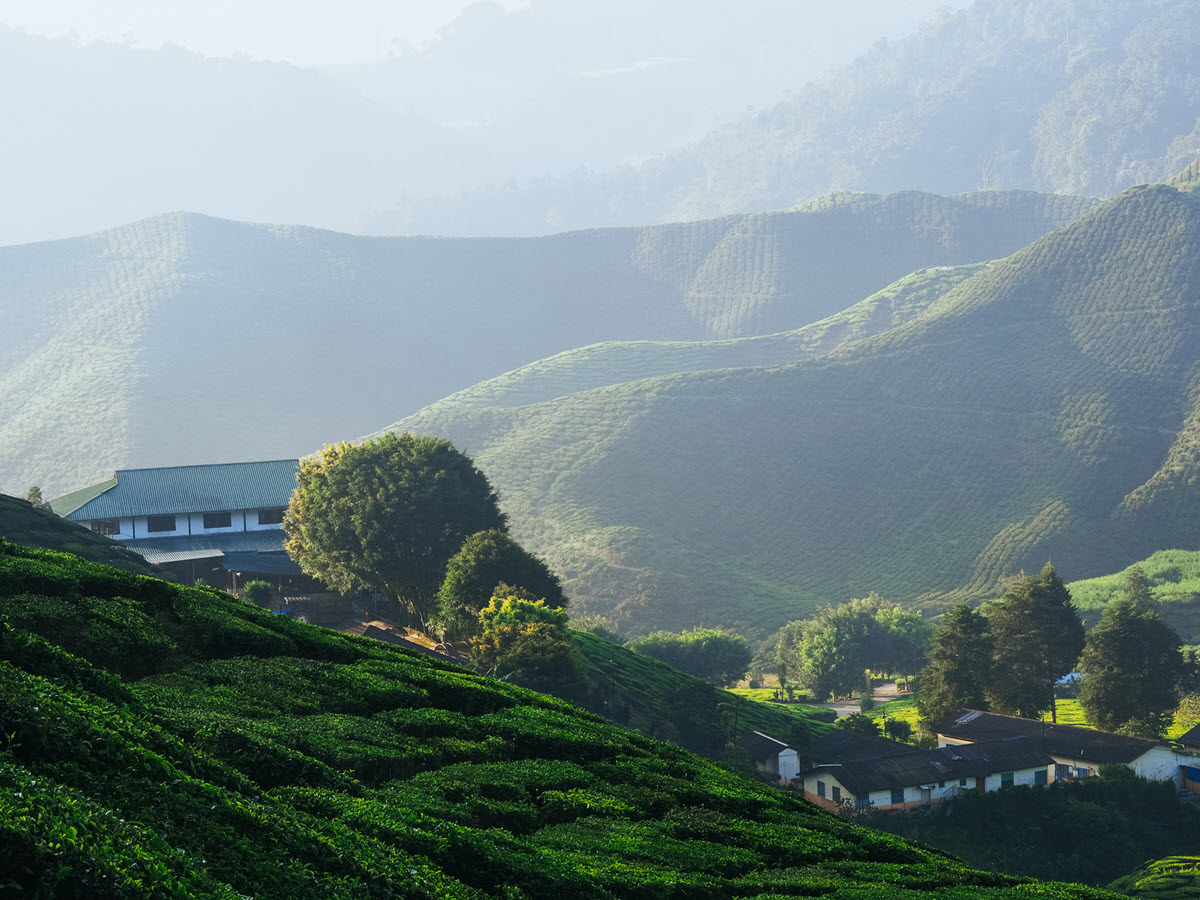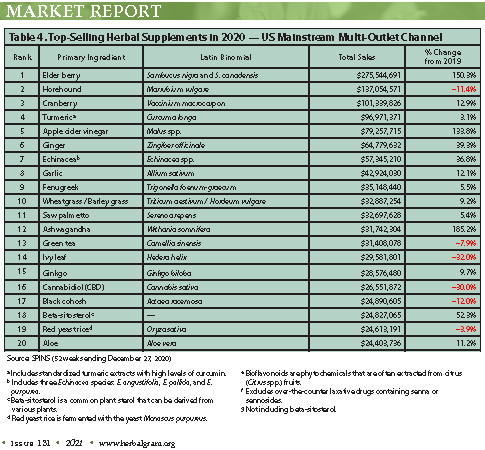Hear the Headlines
| Bids Top $4 Billion for Unilever Tea Portfolio
| India Considers Halting Imports of Nepal Tea
| Sales of Herbal Supplements in US Top $10 Billion
India Tea Price Watch
Growers no longer must seek permission to plant tea in India, a move that could encourage new tea regions to add tea cultivation, increase the number of small growers cultivating tea, and possibly increase the volume of production. Circulars from the Tea Board follow the Commerce Ministry’s announcement of new rules regarding permits. In Darjeeling, planters are calling for a ban on Nepal tea imports. Learn more….
Features
This week Tea Biz travels to Switzerland to learn from Caroline Giacomin at ETH Zurich the physics behind that colorful sheen that rises to the surface of black tea. Is tea scum just that or a revealing indication of goodness in the cup?
… and then we travel to New Delhi, India where the Rainforest Alliance’s Madhuri Nanda reveals how practitioners of RA’s sustainable farming practices are evolving toward broader, more holistic ecosystems in Part 2 of our series on Regenerative Agriculture.

The Physics of the Film that Forms on Black Tea
By Dan Bolton
Have you ever noticed a colorful sheen on the surface of your tea? It appears to break like ice floes in the arctic as the tea cools. Researchers once thought tea film was due to waxy substances contained in tea leaves released during steeping. That is not the case. The delicate film is an interfacial interaction of oxygen, tea polyphenols and calcium carbonate ions in water. It does not form on white, yellow, green, or lightly processed oolong teas, only black tea. In many parts of the world, soft water prevents the film from forming. Is tea film a fleeting glimmer of color to enjoy or an ugly scum to quickly dissipate with a squeeze of lemon? Caroline Giacomin, a physicist at ETH in Zürich, Switzerland joins us to explain the physics of tea film from a study she and colleague Peter Fischer recently published in the Physics of Fluids. Learn more…
Listen to the Interview

Regenerative Agriculture: A Holistic Approach
By Dan Bolton
Madhuri Nanda, the Rainforest Alliance’s director, South Asia, explains that while sustainable farming ensures that agricultural practices do not negatively impact and degrade the environmental, social, and economic aspects of the surrounding ecosystem ? the focus shifts in regenerative agriculture toward adopting a broader holistic approach that enhances biodiversity and improves soil health through increased microbial activities that build resilient systems capable of withstanding adverse climatic scenarios. Read more…
Listen to the interview
News

Advent International Will Bid $4 Billion for Unilever’s Tea Portfolio
By Dan Bolton
Advent International and the Singapore Government Investment Corporation (GIC) will bid $4 billion in a joint offer for Unilever’s tea portfolio, according to a report by Sky News.
The Advent-GIC consortium is competing with at least six other large private equity firms that hope to acquire fabled brands Lipton Yellow Label, PG Tips, Lipton Iced Tea, Australia-based T2, TAZO, Pukka Herbs and several other regional brands.
Unilever will retain its most profitable tea holdings in India and Indonesia as well as the Lipton-PepsiCo partnership in the US.
Bloomberg estimates Unilever’s entire tea business to be worth $5.7 billion. Other bidders expected to meet next week’s deadline are the Dhabi Investment Authority, KKR and Clayton, Dubilier & Rice.
Biz Insight – In a July earnings call, Unilever CEO Alan Jope said “The balance of Unilever’s tea brands and geographies and all of our tea estates have a very exciting future, but this potential can be best achieved we believe as a separate entity.”
The divestiture is expected to conclude by the end of the year.

India Considers Halting Imports of Nepal Tea
By Dan Bolton
The Terai Indian Planters’ Association (TIPA) and the Darjeeling Tea Association (DTA) are seeking a “blanket ban” on the import of Nepal tea.
DTA Chairman BK Saria complained to the West Bengal Chief Minister Mamata Banerjee that a decline in production from 9.5 million kilos to 6 million kilos in 2020, and rising costs of production have affected both the domestic market and exports. He writes that “The crisis has been further compounded by the sale of deceptive Nepal tea being sold in the Indian market as ‘Darjeeling Tea’.” Immediate action is essential to save the industry’s 87 registered gardens, he said.
Nepal is a landlocked tea producer that relies on India’s much more developed tea industry for re-export, shipping about 69.4 million kilos there in the past four years, according to the Tea Board of India. Tea board data shows that only 26.6 million kilos have been re-exported during this time, making it likely that 42.8 million kilos were sold domestically, exempt from import duties, and in direct competition with Darjeeling producers. Teas exported from India pay a 40% tariff to enter Nepal but Nepal pays no tariffs to ship tea to India due to terms of the South Asian Free Trade Agreement.
Imports of tea to India are up a surprising 176% year-on-year, according to the Tea Board of India. Growers in Nepal and Kenya shipped 12 million kilos to India during the first six months of 2021, more than three-fourths of the full-year average for 2019. Traders pay as little as $1.70 per kilo for Kenyan tea, compared to the $2.50 per kilo all-India average. India’s thirst for tea has increased as COVID restrictions and drought significantly lowered yields of tea grown in India. Since there is no country of origin labeling requirements, it is likely the imported tea is being blended and marketed domestically as Indian tea.
“Nepal tea is sold at a much cheaper rate than the Darjeeling cuppa as its cost of production is very low owing to rampant use of child labor and gross violation of labor laws,” according to DTA.
DTA Advisor Sandeep Mukherjee told the Times of India, that “unless import of Nepal Tea into India is banned, the livelihood of those dependent on it would be at risk and may reach a point of no return, where more tea gardens in the Hill would shut down.”
Biz Insight – Indian efforts to limit Nepal tea imports have ebbed and flowed over the past decade. In May 2020 India halted tea shipments from Nepal for several weeks by imposing non-tariff barriers tied to sanitation and quality control. India growers complain that bulk tea shipments do not require a label of origin, FSSAI (food safety compliance), or rigorous customs checks. Low prices induce tea brands such as Tata Consumer Products (TCP) and bulk exporters to rely on Nepal to supply India’s domestic blenders, but do not purchase direct.
US Herbal Supplement Sales Set Record $10 Billion in 2020
Sales of herbal supplements in the US grew a record 17.3% in 2020 exceeding $10 billion for the first time. The total excludes brewed teas but includes green tea powders marketed as supplements.
The 2020 Herbal Market Report, released annually by the American Botanical Council, using transaction data from SPINS, reveals sales in the mass market channel grew by 25.1% to $2.1 billion in 2020. Direct sales, including online, grew 23.7% about twice the rate reported in 2019. Sales in traditional natural and health food stores grew 1.6% to $2.95 billion. Total supplement sales were $11.26 billion.

Elderberry, known for its immune boosting properties was the top seller along with apple cider vinegar and ashwagandha. Sales of Elderberry grew by 150% to $275 million in mass market and $54 million in the natural food channel.
CBD sales plummeted 36.9% to $57 million in the natural channel and declined 30% in mainstream outlets during the first year of the pandemic, the first decline in sales since 2017.
Sales of dry and bottled green tea soared in mainstream outlets last year, but sales of green tea supplements declined 7.9% in 2020, falling to $31 million to rank 13th among the top-selling herbal supplements, according to SPINS.

Biz Insight – “US consumers spent more than ever on herbal dietary supplements for immune health and stress relief in 2020,” according to the report. “During a year in which much was out of control, many consumers seemed to take control of their own health and prioritized selfcare with herbal and fungi-based dietary supplements. As the pandemic stretches into its 20th month it remains to be seen whether these trends and record-breaking sales will continue in 2021.”
Click to download 2020 Herbal Market Report PDF
— Dan Bolton
- Read more… links indicate the article continues. Learn more… links to additional information from sources.
Upcoming Events
September 2021
Level Up, Virtual
September 29 | The Tea & Herbal Association of Canada will host a mid-year Meet-Up from 10 am to noon. Admission $55 (CAD) Members $50. Agenda | Register
Click to view more upcoming events.
Share this episode with your friends in tea.
https://teabiz.sounder.fm/episode/news-01212021
Subtext
Avoid the chaos of social media and start a conversation that matters. Subtext’s message-based platform lets you privately ask meaningful questions of the tea experts, academics and Tea Biz journalists reporting from the tea lands. You see their responses via SMS texts which are sent direct to your phone. Visit our website and subscribe to Subtext to instantly connect with the most connected people in tea.
Subscribe and receive Tea Biz weekly in your inbox.




